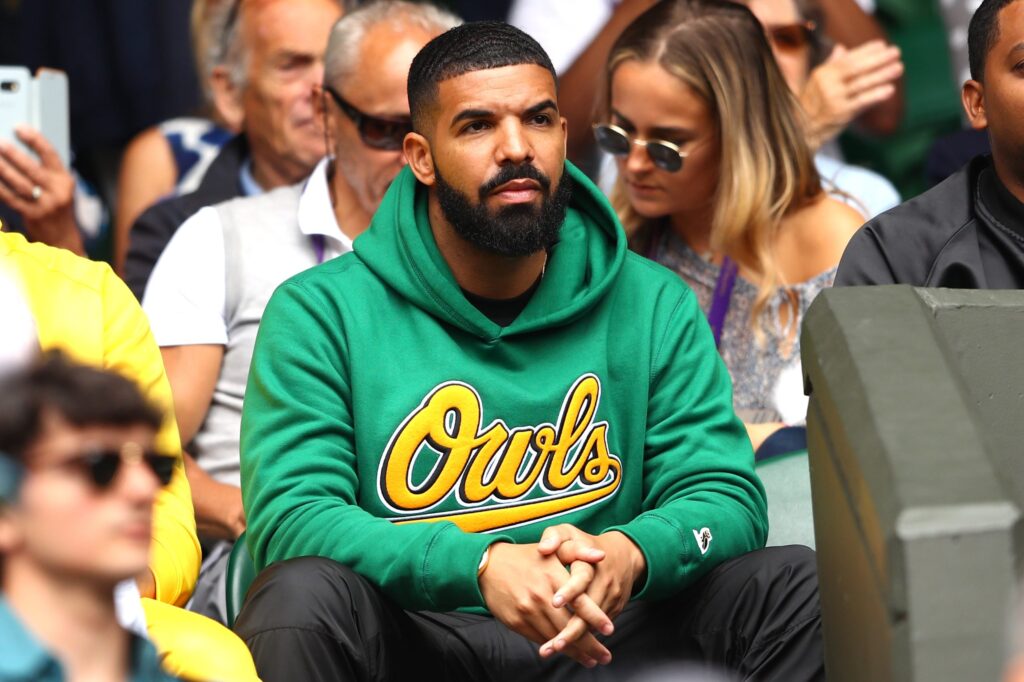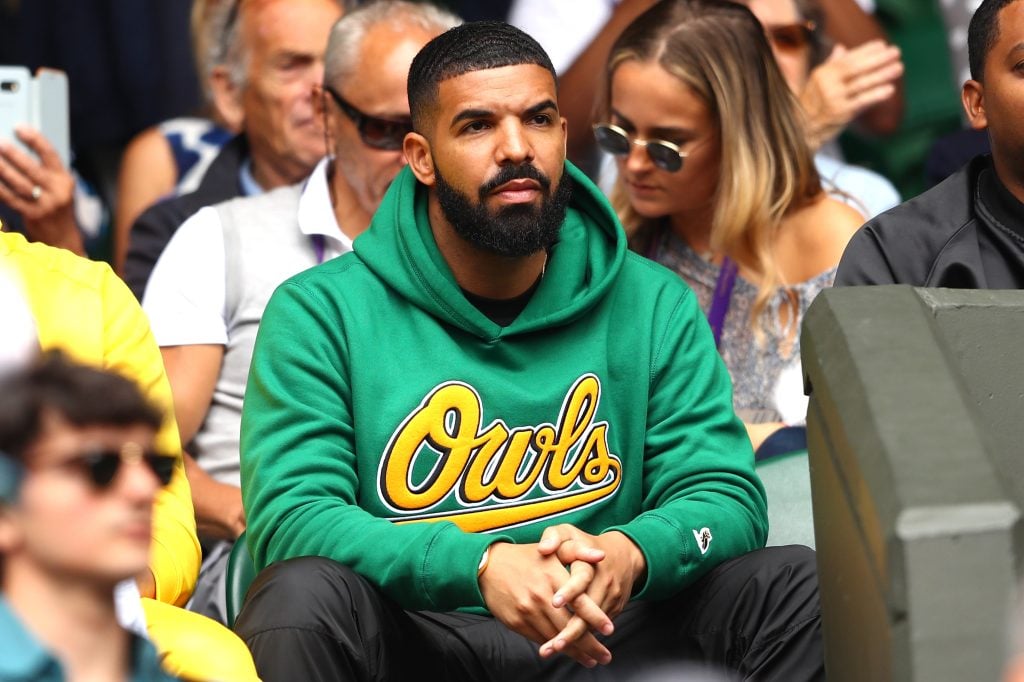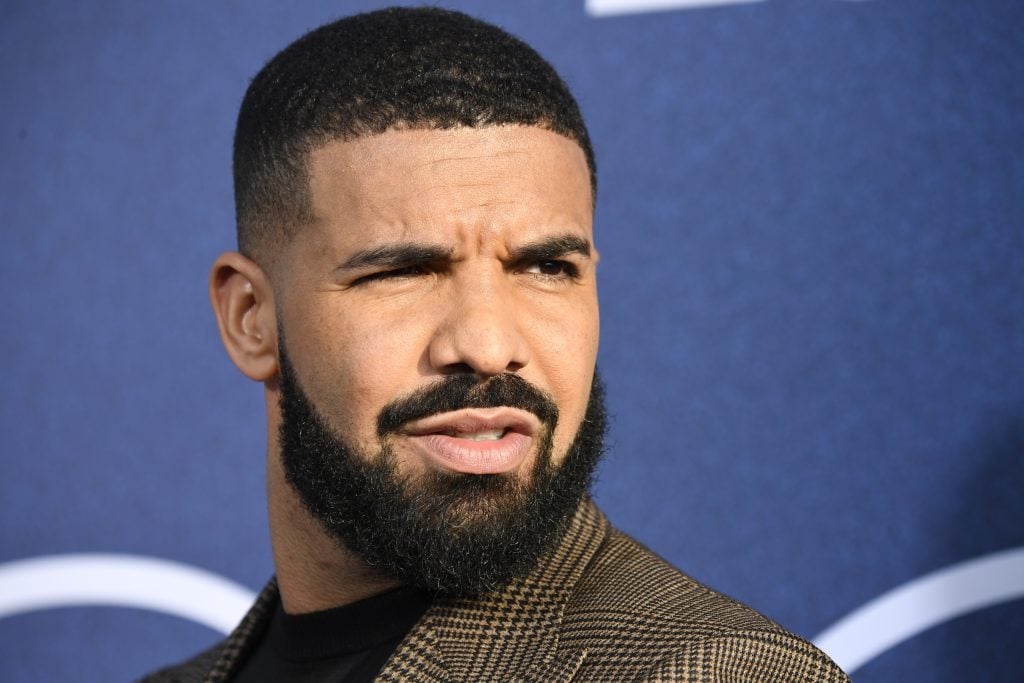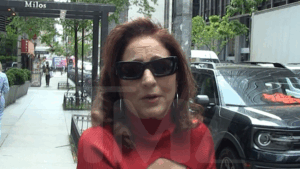
Drake Kendrick Legal Battle Super Bowl: "Millions of Kids Saw" Controversial Performance | Celebrity Analysis
Drake Kendrick Legal Battle Super Bowl: “Millions of Kids Saw” Controversial Performance
Table of Contents
- Drake Kendrick Legal Battle Super Bowl: The Latest Escalation
- Legal Team Targets Record-Breaking Halftime Show
- The Controversial Claims at the Center of the Dispute
- Legal Implications and Industry Response
- Timeline: The Drake-Kendrick Feud and Legal Battle
- Universal Music Group’s Scathing Response
- The Super Bowl Controversy: Entertainment or Character Assassination?
- What’s Next in the Drake Kendrick Legal Battle
- Analysis: Broader Implications for Music Industry
Kendrick Lamar performs “Not Like Us” during the Super Bowl LIX Halftime Show at Caesars Superdome on February 9, 2025, which is now at the center of Drake’s legal battle. (Photo by Gregory Shamus/Getty Images)
Drake Kendrick Legal Battle Super Bowl: The Latest Escalation
The Drake Kendrick legal battle Super Bowl controversy has reached new heights as Drake’s legal team filed an amended complaint against Universal Music Group (UMG) specifically targeting Kendrick Lamar’s performance of the controversial diss track “Not Like Us” during the Super Bowl LIX halftime show. This significant escalation focuses on the unprecedented reach of the performance, with Drake’s attorneys emphasizing that “millions of children” were exposed to what they describe as defamatory content.
This latest development marks a critical turning point in one of hip-hop’s most contentious feuds, transforming what began as an artistic rivalry into a complex legal case with potential industry-wide implications. The Drake Kendrick legal battle Super Bowl controversy centers on serious allegations made in Lamar’s diss track and questions the responsibility of record labels and broadcasters in distributing potentially defamatory content.
Legal Team Targets Record-Breaking Halftime Show
According to court documents obtained by Page Six, Drake’s legal team has zeroed in on the massive audience reach of the Super Bowl performance as a key factor in their amended complaint. The Drake Kendrick legal battle Super Bowl filing specifically states: “The Recording was performed during the 2025 Super Bowl and broadcast to the largest audience for a Super Bowl halftime show ever, over 133 million people, including millions of children, and millions more who had never before heard the song or any of the songs that preceded it.”
The complaint goes further, describing the performance in stark terms: “It was the first, and will hopefully be the last, Super Bowl halftime show orchestrated to assassinate the character of another artist.” This dramatic characterization underscores the unprecedented nature of the Drake Kendrick legal battle Super Bowl controversy in the context of both entertainment law and hip-hop culture.
“The Recording was performed during the 2025 Super Bowl and broadcast to the largest audience for a Super Bowl halftime show ever, over 133 million people, including millions of children, and millions more who had never before heard the song or any of the songs that preceded it.”
— Drake’s legal complaint against UMG
The Controversial Claims at the Center of the Dispute

Drake, photographed at Wimbledon, claims UMG promoted false accusations through Kendrick’s diss track. (Photo by Michael Steele/Getty Images)
At the heart of the Drake Kendrick legal battle Super Bowl controversy are serious allegations made in Lamar’s “Not Like Us” track. Drake’s lawsuit against UMG centers on claims that the label promoted false pedophilia accusations by supporting and distributing the track. In one of the most provocative lines, Lamar refers to Drake and his associates as “certified pedophiles” — a claim that Drake argues has caused significant damage to his reputation and even endangered his safety.
The Canadian rapper claims that the widespread distribution of these allegations, culminating in the Super Bowl performance, resulted in extensive social media harassment. Drake’s legal team even connects the Drake Kendrick legal battle Super Bowl controversy to a 2024 incident in which a security guard was shot during an attempted break-in at his Toronto home, suggesting the heightened tensions created by the diss track contributed to the dangerous situation.
Key Points in Drake’s Amended Complaint:
- Claims UMG promoted false accusations of pedophilia through Kendrick’s track
- Emphasizes that over 133 million viewers, including children, were exposed to the allegations
- Argues the Super Bowl performance significantly amplified the damage to his reputation
- Describes the halftime show as “orchestrated to assassinate the character of another artist”
- Connects the controversy to safety concerns, including a security incident at Drake’s home
Legal Implications and Industry Response
The Drake Kendrick legal battle Super Bowl case raises complex questions about the boundaries of artistic expression, defamation law, and corporate responsibility in the music industry. Michael Gottlieb, Drake’s attorney, issued a confident statement regarding the amended complaint: “Drake’s amended complaint makes an already strong case stronger. Drake will expose the evidence of UMG’s misconduct, and UMG will be held accountable for the consequences of its ill-conceived decisions.”
Legal experts analyzing the Drake Kendrick legal battle Super Bowl controversy note that proving defamation in the context of artistic expression can be challenging. However, they also point out that the specific nature of the allegations in “Not Like Us” and its unprecedented distribution through the Super Bowl broadcast could potentially strengthen Drake’s position.
Potential Legal Precedents from the Drake Kendrick Legal Battle Super Bowl Case:
This case could establish important precedents regarding:
- Artistic Expression vs. Defamation: How courts balance free expression in music against potentially defamatory statements
- Corporate Responsibility: The extent to which record labels are liable for content they distribute
- Broadcast Standards: Whether broadcasters have a duty to more carefully vet performances for major family events like the Super Bowl
- Damages Calculation: How to assess reputation damage from content that reaches unprecedented audience sizes
Timeline: The Drake-Kendrick Feud and Legal Battle
The Drake Kendrick Legal Battle Super Bowl: How We Got Here
Universal Music Group’s Scathing Response
Universal Music Group has responded forcefully to the Drake Kendrick legal battle Super Bowl controversy. In a blistering statement, the company questioned the validity of Drake’s legal position and suggested that the rapper is being misled by his legal team:
“Drake, unquestionably one of the world’s most accomplished artists and with whom we’ve enjoyed a 16-year successful relationship, is being misled by his legal representatives into taking one absurd legal step after another. It is shameful that these foolish and frivolous legal theatrics continue.”
The strongly-worded response highlights the awkward position UMG finds itself in during the Drake Kendrick legal battle Super Bowl controversy, as both Drake and Kendrick Lamar are signed to labels under the UMG umbrella. The company must navigate the delicate balance between defending itself against Drake’s lawsuit while maintaining relationships with two of its most valuable artists.
Industry analysts point out that UMG’s aggressive response suggests they believe they have strong legal grounds to defend against Drake’s claims, despite the high-profile nature of the Drake Kendrick legal battle Super Bowl case and the potentially damaging public relations aspect of the controversy.

Drake has claimed that the Super Bowl performance of “Not Like Us” significantly amplified damage to his reputation by exposing millions of viewers to the controversial content. (Photo by Frazer Harrison/Getty Images)
The Super Bowl Controversy: Entertainment or Character Assassination?
A central element of the Drake Kendrick legal battle Super Bowl controversy is questioning the decision to allow Kendrick Lamar to perform “Not Like Us” during the family-oriented Super Bowl broadcast. The NFL and Apple Music, which produced the halftime show, have yet to comment on the controversy, raising questions about the vetting process for halftime show content.
While explicit language was removed from the broadcast version of the song, the core allegations remained intact. Drake’s legal team argues that this mainstreaming of the accusations through the Drake Kendrick legal battle Super Bowl performance significantly amplified the damage to his reputation, particularly by exposing the content to millions of viewers unfamiliar with the context of the rap battle.
Media analysts have noted that the performance generated enormous attention on social media, with clips and memes of Kendrick’s performance dominating discussion in the days following the Super Bowl. This widespread circulation further extended the reach of the controversial content beyond the live broadcast itself, potentially strengthening Drake’s argument about the widespread dissemination of what he claims are defamatory statements.
The Super Bowl Performance’s Unique Legal Context:
What makes the Drake Kendrick legal battle Super Bowl case particularly unique is the combination of the serious nature of the allegations in “Not Like Us” with the massive, mainstream platform of the Super Bowl halftime show. Unlike typical diss tracks that might remain primarily within hip-hop audiences, the Super Bowl broadcast reached a diverse, multi-generational audience that included families watching together, potentially creating a different standard for evaluating the impact of the allegedly defamatory content.
What’s Next in the Drake Kendrick Legal Battle
As the Drake Kendrick legal battle Super Bowl controversy continues to unfold, several possible outcomes could emerge from this unprecedented legal situation:
- Courtroom Showdown: If the case proceeds to trial, it could become one of the most closely watched entertainment law cases in recent memory, potentially establishing significant precedents for the industry.
- Settlement: Given the high stakes and complex relationships involved, a settlement remains possible, particularly if UMG determines that protracted litigation could damage its relationships with both artists.
- Further Musical Responses: The hip-hop community is closely watching whether either artist might respond musically to the latest developments in the Drake Kendrick legal battle Super Bowl controversy, potentially adding another chapter to the feud.
- Broadcast Policy Changes: Regardless of the legal outcome, the controversy could lead to stricter content review policies for major broadcasts like the Super Bowl halftime show.
Industry observers note that the Drake Kendrick legal battle Super Bowl case has already had a significant impact on how the music industry views the potential legal risks associated with diss tracks and provocative content. Several labels have reportedly begun implementing more rigorous review processes for potentially controversial releases in the wake of this high-profile dispute.
Analysis: Broader Implications for Music Industry
The Drake Kendrick legal battle Super Bowl controversy represents a significant moment in the evolution of hip-hop culture and its intersection with mainstream entertainment and the legal system. While artistic feuds and diss tracks have been a cornerstone of hip-hop since its inception, this case raises important questions about where the boundaries lie when such conflicts reach unprecedented audiences through platforms like the Super Bowl.
Hip-hop historians and legal experts point out that the Drake Kendrick legal battle Super Bowl case differs from previous music industry legal disputes in several key ways:
| Hip-Hop Battle Tradition | Drake Kendrick Legal Battle Super Bowl Case |
|---|---|
| Typically remains within genre-specific audience | Reached unprecedented mainstream audience via Super Bowl |
| Often involves exaggerated or metaphorical claims | Contains specific allegations of serious misconduct |
| Usually remains an artistic dispute between artists | Involves corporate responsibility of a major record label |
| Historically resolved through further musical exchanges | Has escalated to formal legal proceedings in court |
As fans continue to debate the merits of each artist’s position in the Drake Kendrick legal battle Super Bowl controversy, the case raises profound questions about responsibility in an era where content can reach unprecedented global audiences almost instantaneously. The outcome could potentially reshape how artists, labels, and broadcasters approach controversial content in the future.
What is clear is that the fallout from Kendrick Lamar’s Super Bowl performance continues to reverberate through the music industry, transforming what began as a hip-hop battle into a complex legal case with significant implications for artists, labels, and broadcasters alike. The Drake Kendrick legal battle Super Bowl controversy may ultimately set important precedents for how the entertainment industry balances artistic expression with legal responsibilities in the digital age.







